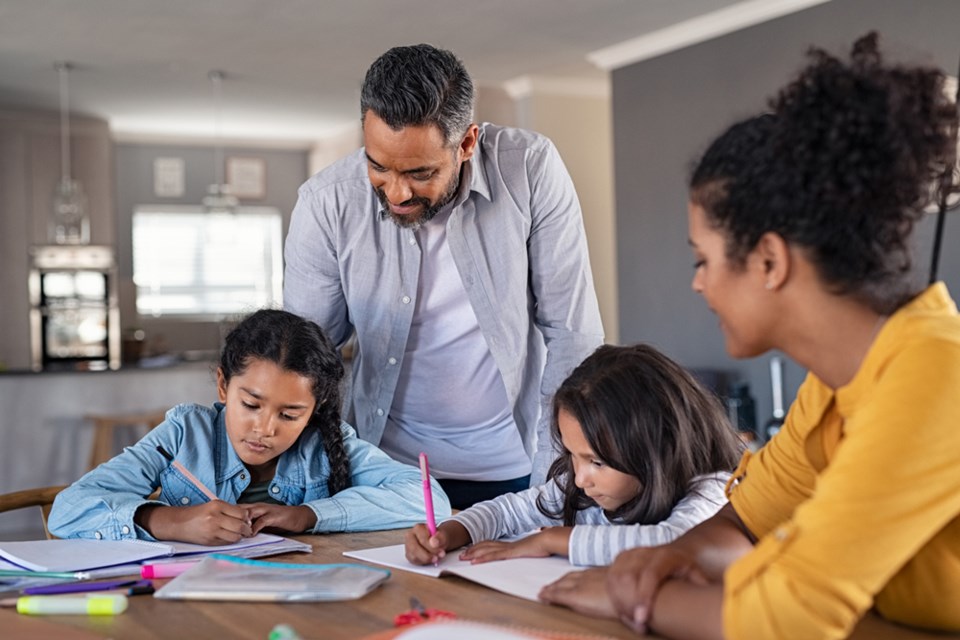Focus can look different for every child.
Sylvan Learning works with students to ensure their academic success through personalized learning.
“We strongly believe in boosting confidence and self-esteem around education,” Bryn Swayze, Delta Sylvan Learning director says.
“The more confident kids are, the more they enjoy learning and the better they’ll do.”
That includes finding out what kind of learning style works for children and adapting learning materials to fit their individual needs.
Throughout the pandemic, Swayze has seen an increase in early learners coming into the centre who are struggling with focus and reading.
“We spend time finding out what kind of learner a child is, and adapting,” Swayze says.
“We’re not just sitting down and giving them a worksheet. We’re interacting and making it fun.”
While it’s easy for children, especially young ones to get distracted, Swayze offers these tips to help them focus and succeed when it comes to school work.
You don’t have to hinder creativity
Do you have a chatterbox who won’t stop talking about matters completely unrelated to the task at hand? Don’t shut it down, just re-direct the conversation.
“Young kids are so creative. You don’t want to hinder that,” Swayze says.
“You want them to understand that they have to do the work first and then they can talk about whatever’s on their minds.”
Let their imagination work as a motivation to complete a task so they can then share their ideas.
Break up the learning
It’s hard for some children to take their time. Allow plenty of breaks to let them expend energy before getting back to work.
Together, you can decide how much time should pass and how much work should be done between breaks.
“Activities at Sylvan aren’t 45 minutes where they have to sit and concentrate,” Swayze says.
“We do five to 10 questions so they work intensely, and then take a break.”
Eliminate distractions and control interruptions
It’s an acquired skill, but organizing themselves helps kids to get rid of distractions. Expect them to do this both at home and in school.
Carve out a quiet area that is dedicated to schoolwork to help improve focus.
Try your best to eliminate interruptions. Silencing electronic devices is a good start.
Understand that each child’s needs may look different than the traditional area of focus. While you might think having music on in the background or fiddling with a fidget spinner is a sign that a child isn’t paying attention, it might actually be the outlet that helps your child to concentrate. Don’t assume that focus is a one-size-fits-all solution.
Prioritize
Learning to place tasks in order from most important to least important will help kids learn to focus on the right things.
For example, the optional cover picture on a book report should come after they’ve read the book and written the report. Going over their assignments and the due dates with them will also allow you to guide them.
Plan
Helping children plan their time lets them learn organization and see how it all fits together. Kids need consistency and routine (even if they roll their eyes at it). Creating a plan helps everyone stay in check, on task and makes it manageable.
Assess
Having your child ask him or herself, “When am I at my most productive?” and “When do I learn best?”
Assessing their habits, skills, strengths and attitudes will give your child a sense of self-awareness and the ability to plan time accordingly.
If something isn’t working, take a step back and re-evaluate. Learning should be fun for children.
To get started with tutoring support to end the school year strong, visit Sylvan Learning online today at www.sylvanlearning.com or call them at 604-943-6022.



